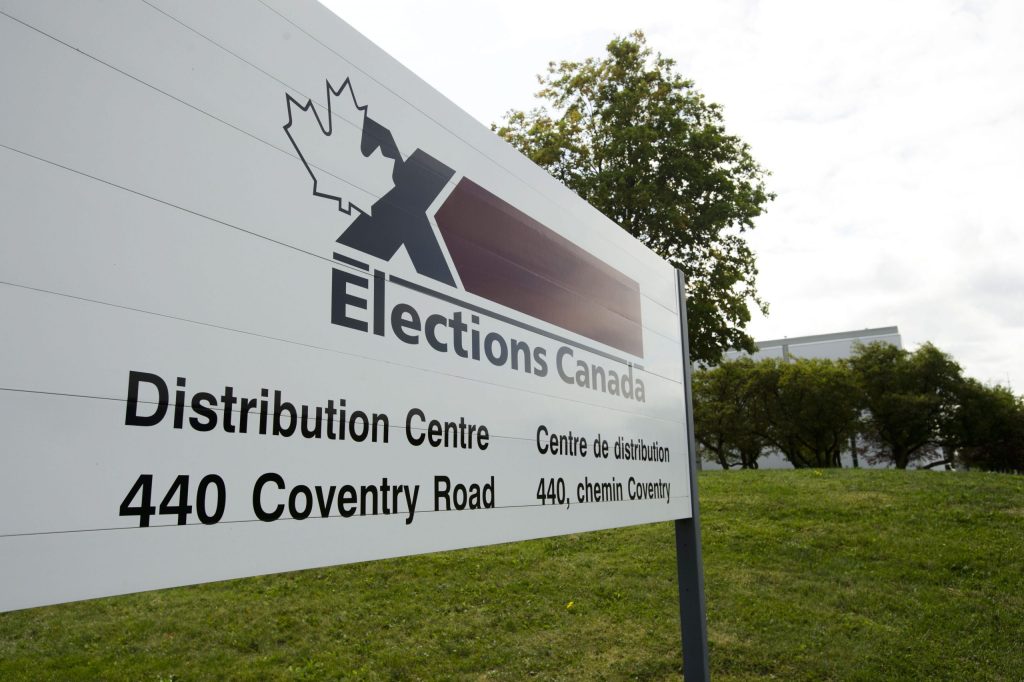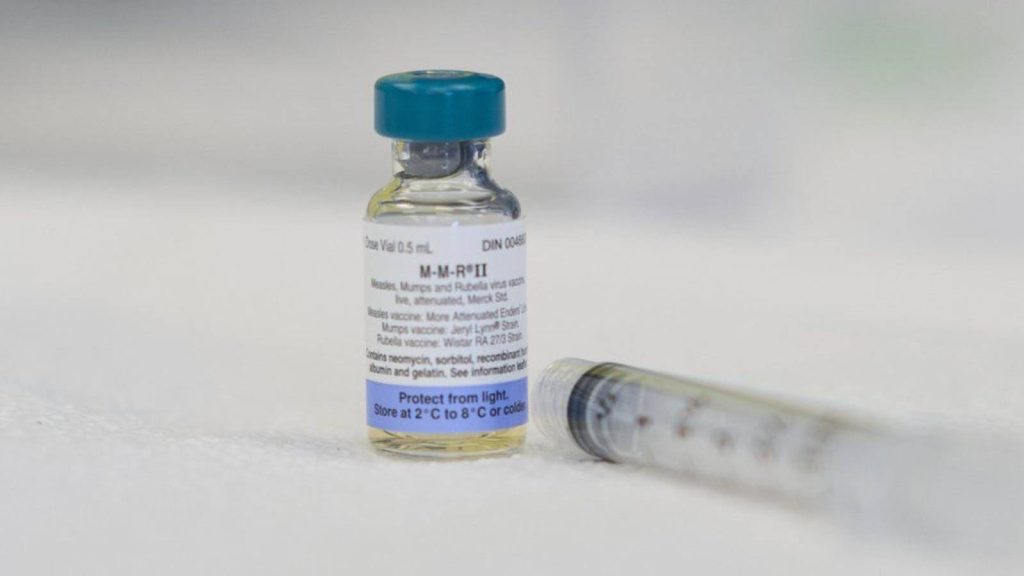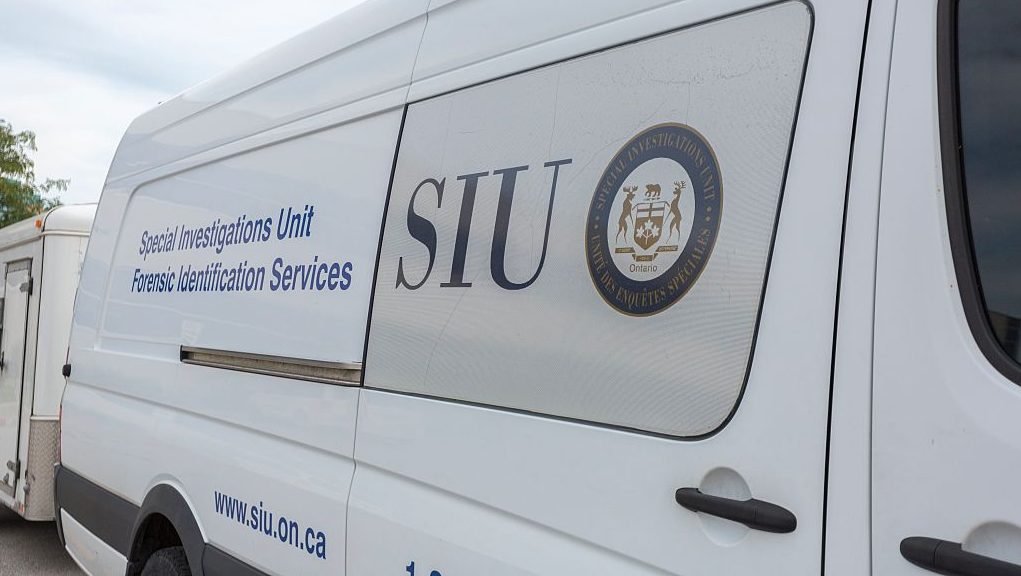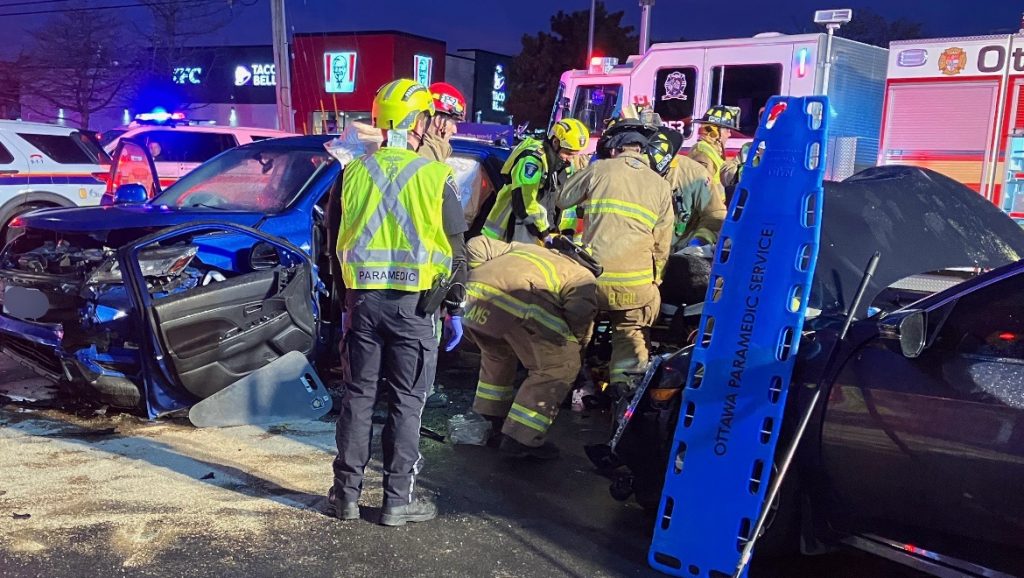‘Do not flush wipes down the toilet’: City says buildup of wipes causing sewer blockages
Posted Mar 21, 2020 08:11:00 PM.
This article is more than 5 years old.
Ottawa’s director of infrastructure services has a message for residents: stop flushing wipes down the toilet.
Over the past week Alain Gonthier says Ottawa's sewage system and pumps have been overwhelmed with the amount of disinfectant and baby wipes being flushed down toilets. This, he speculates, is because more people are working from home as a result of COVID-19 and increasingly disinfecting areas with wipes they think are flushable but actually aren’t.
“Some claim they will biodegrade but the reality is that they don’t biodegrade that quickly, so once they’re in the system they wouldn’t have biodegraded and that’s the problem right now,” Gonthier said. “Regardless of what it says on the packaging, do not flush them in the toilet — put them in the garbage.”
Remember, do not flush sanitizing or any other wipes down your toilet. Wipes can clog your toilets and lead to costly plumbing costs. It can also block and severely damage our City’s wastewater system.
Learn more: https://t.co/o5ccPPdxTj— City of Ottawa (@ottawacity) March 21, 2020
The system, Gonthier explains, is designed to be self-cleaning. The City only does flushes periodically, with exceptions made for areas that are known problems.
The problem, Gonthier explains, happens in three stages.
First is with the sewer system. If the wipes start to conglomerate with fats and greases, blockages are created.
The second is with the pumping station. More and more wipes are making their way into the pumping system and clogging the pumps. If that happens, crews have to take the pipes apart — which is no easy feat — and clean them manually.
Then there’s the issue with something called a degrit facility, an area that captures waste before it goes into the actual plant. But crews, too, are seeing buildups there.
“It’s something that’s not unique to Ottawa — we’re seeing it happen across the country — but it is happening locally and we want to make sure that we manage it because people are at home and we want to make sure they stay safe,” he said. “The last thing they need is sewer backups.”








